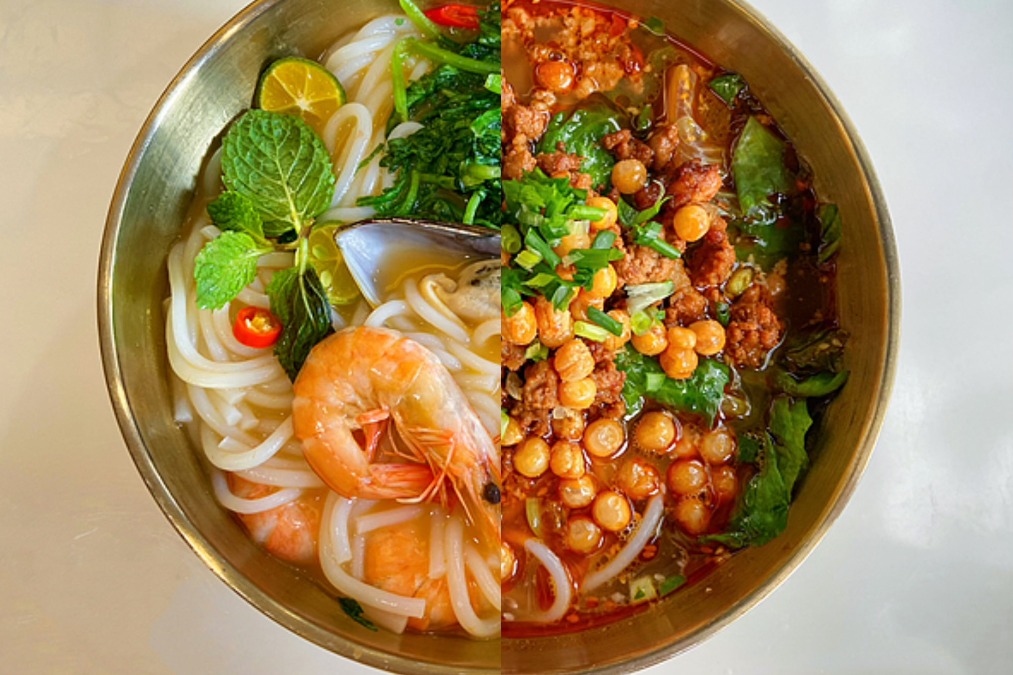Make-up artists dream big in China's thriving nighttime economy

For those wishing to be social butterflies rock the dance floor or make a video on Tik Tok, China's rising nighttime economy offers some help - many aspiring beauty stylists are waiting to give people the "Cinderella" treatment.
In Changsha, a central Chinese city known for its energetic nightlife, beauty styling for "night-goers" is a niche yet booming business luring many young make-up artists to choose "night shifts."
At 9 pm, hours before the midnight club-going peak, dozens of makeup shops were already buzzing on a discreet alley behind Jiefang West Road, a major destination for the city's night owls and club-goers.
In Meimiao Studio, 19-year-old Luo Jiabing is applying makeup and styling the eyebrows of one customer to complete their late-night look.
The 40-square-meter shop receives 50 to 70 customers from 5:00 p.m. to 11 p.m. every evening. A half-hour service can cost between 35 and 100 yuan ($5-14).
"'Night make-up' is usually heavier to suit the dim lighting in the night clubs," he said. "Most of our clients are women, but influenced by male beauty bloggers on Tik Tok, more men are now seeking our professional services."
Zhu Dejun, an official with Tianxin district, where Jiefang West Road is located, said there are about 100 makeup studios around the road, which employ more than 500 practitioners.
Ma Zeping, manager of U+nail, another shop for make-up and manicures, explained how booming night activities have supported a large number of shops specializing in makeup.
"People come for our makeup services before going to a bar, on a date or even before taking photos for their social media," said Ma, whose customers range from white-collar workers to corporate executives.
"Some clients even come with pictures of celebrities from the internet, and ask us to mimic the make-up," she said.
In August, the State Council of China issued a guideline with 20 measures to support consumption, including supporting the nighttime economy, which refers to business activities in the service sector between 6 pm and 6 am.
Consumption is playing an increasingly important role in China's economy, contributing as much as 60.1 percent to the country's GDP growth in the first half of the year.
Changsha, the capital of Hunan province, is leading the national trend with its rich leisure and makeup culture. Excavations of a Han Dynasty tomb suggests that a noble lady living there over 2,000 years ago wore wigs and makeup.
In recent decades, the city of 8 million people has built a sprawling industry on its nightlife. Jiefang West Road, in downtown Changsha, has more than 200 bars and KTVs, often experiencing traffic jams between 2 am and 3 am.
Zhu Yuanhong, deputy party secretary of Tianxin District, said developing the nighttime economy is an inevitable choice for Chinese cities to upgrade their economy, citing a booming nighttime economy in other metropolises like New York, London and Paris.
Luo, a newbie in the trade, has high expectations of both his career and the industry.
"We occasionally receive training from senior artists to improve our skills. The best of us have the chance to be hired by stars and celebrities," he said.




































